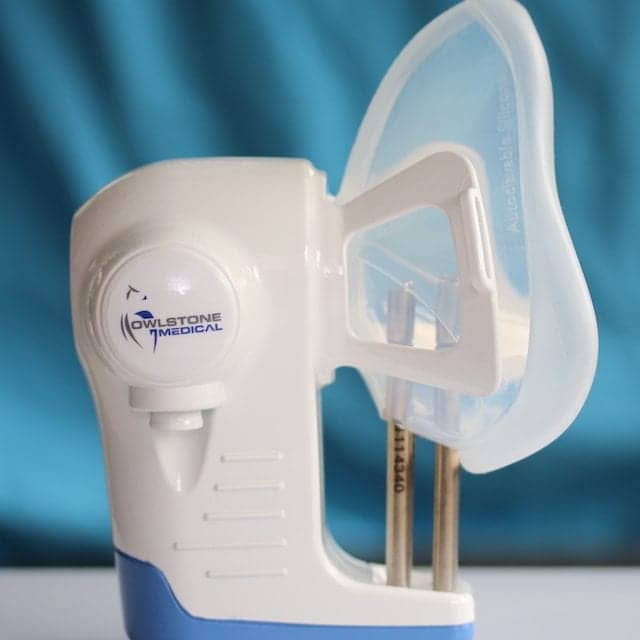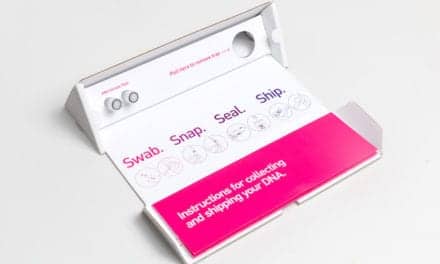Owlstone Medical, Cambridge, UK, is expanding the clinical trial of its lung cancer indicator detection (LuCID) system. Originally funded by the UK’s small business research initiative for healthcare, the study of Owlstone’s noninvasive, high-compliance breath test to detect lung cancer aims to save 10,000 lives and save the UK National Health Service £245 million by 2020.
The study will recruit up to 3,000 patients across 21 sites in the UK and Europe, making it the world’s largest breath-based study ever undertaken for early cancer detection.
When lung cancer is detected at stage 1, the 5-year survival rate is 54%; but this rate drops to just 4% if the cancer is detected at stage 4. Current lung cancer screening tests, such as low-dose computed tomography, have been shown to result in a high number of false positives, leading to unnecessary, invasive follow-up procedures on healthy patients.
The mutations that drive the development of lung cancer have downstream effects on exhaled metabolites, even in the very early stages of lung cancer. Owlstone Medical uses the respiration collector for in vitro analysis (ReCIVA), in combination with the field asymmetric ion mobility spectrometer (FAIMS) sensor platform, to accurately and selectively detect lung cancer volatile organic compounds (VOCs) in breath.
The trial is moving to the next phase as a consequence of positive interim sensitivity and specificity data, with more than 97% of patients reporting the breath test to be comfortable to perform.
Led by Robert Rintoul, MD, lead clinician for thoracic oncology and director of the clinical trials unit at Papworth Hospital, Cambridge, UK, the study will recruit patients in order to validate breath biomarkers for the early detection of cancer and differentiation between benign and malignant tumors. The trial will compare Owlstone Medical’s platform with current CT and PET screening tests, with the aim of demonstrating its ability to reduce the number of false-positive results and complications from invasive biopsy follow-ups.
“The need to explore novel approaches for the early detection of lung cancer has never been greater,” Rintoul says. “I am particularly excited about the opportunity that the Owlstone LuCID project brings to study the role of VOCs for the early detection of lung cancer. If VOCs work, then it may be possible to use a simple breath test to help identify whether someone has lung cancer or not.”
“Early detection through improved screening is the greatest opportunity for improving patient outcomes,” says Billy Boyle, cofounder and CEO of Owlstone Medical. “Owlstone Medical was created specifically to advance our breathalyzer for very early stage diagnosis of disease, to enable more effective treatment and better patient outcomes.”
For more information, visit Owlstone Medical.




